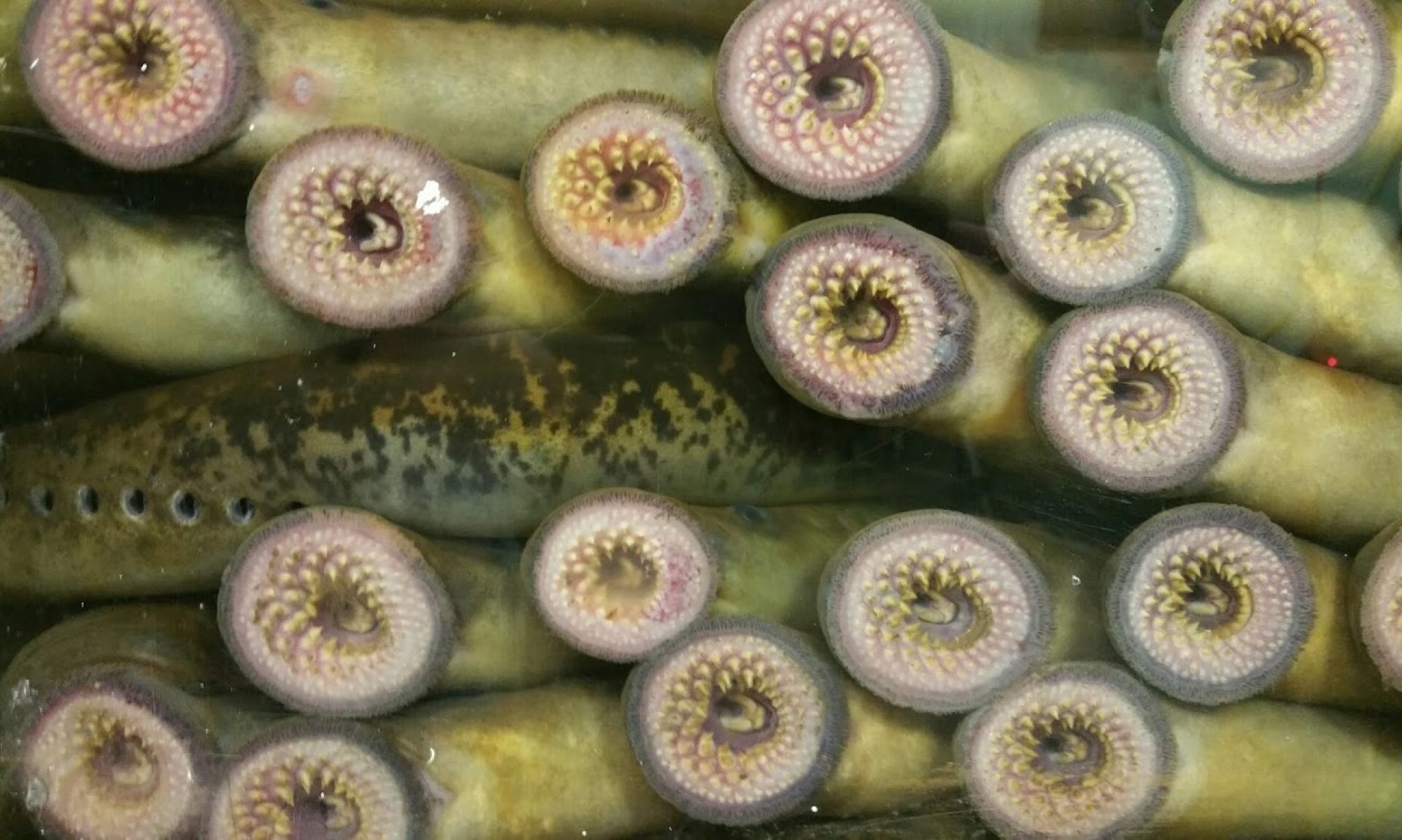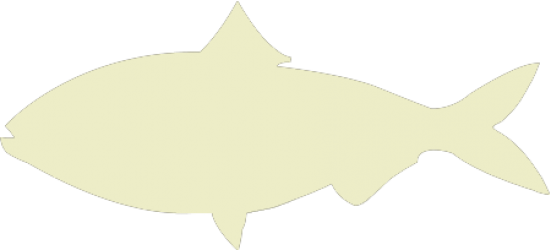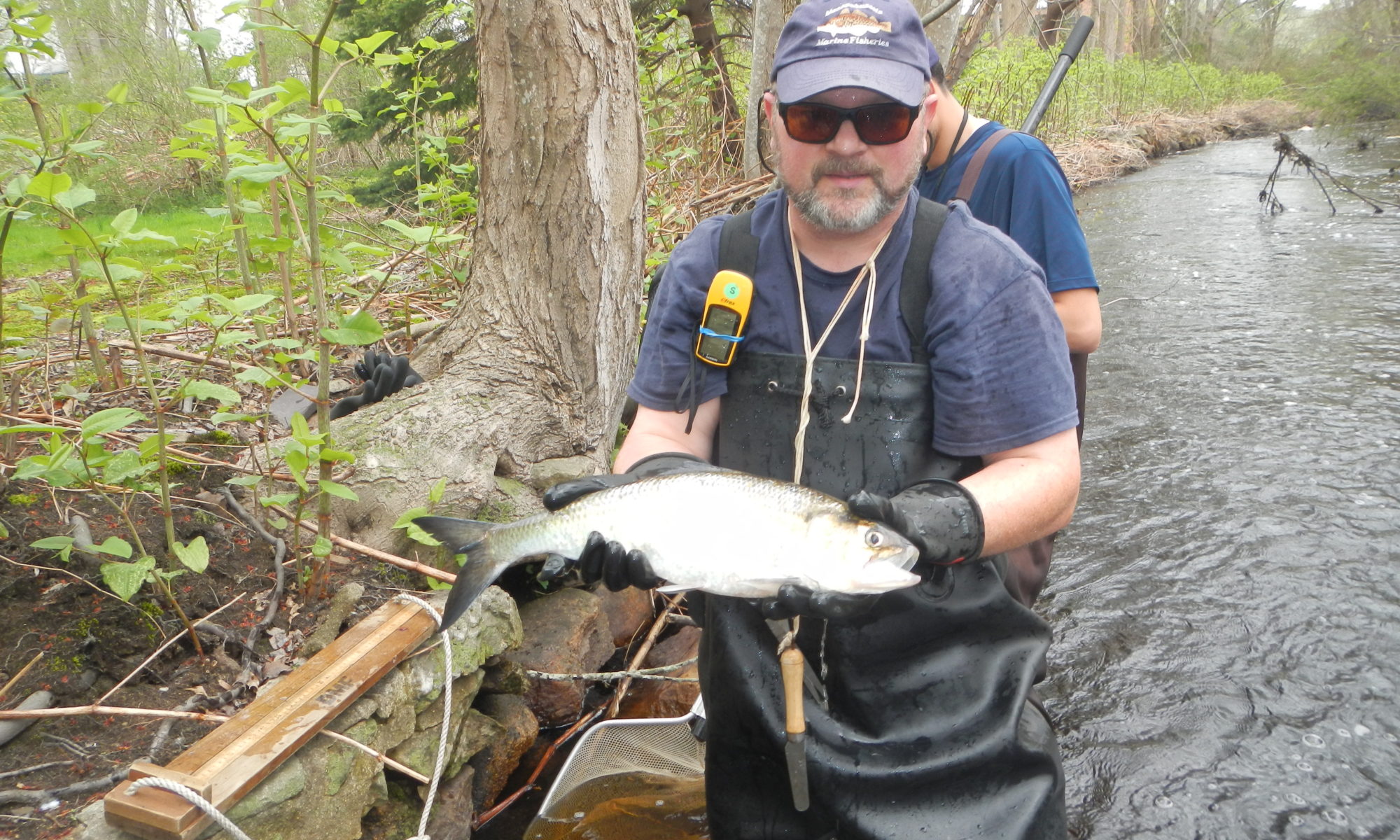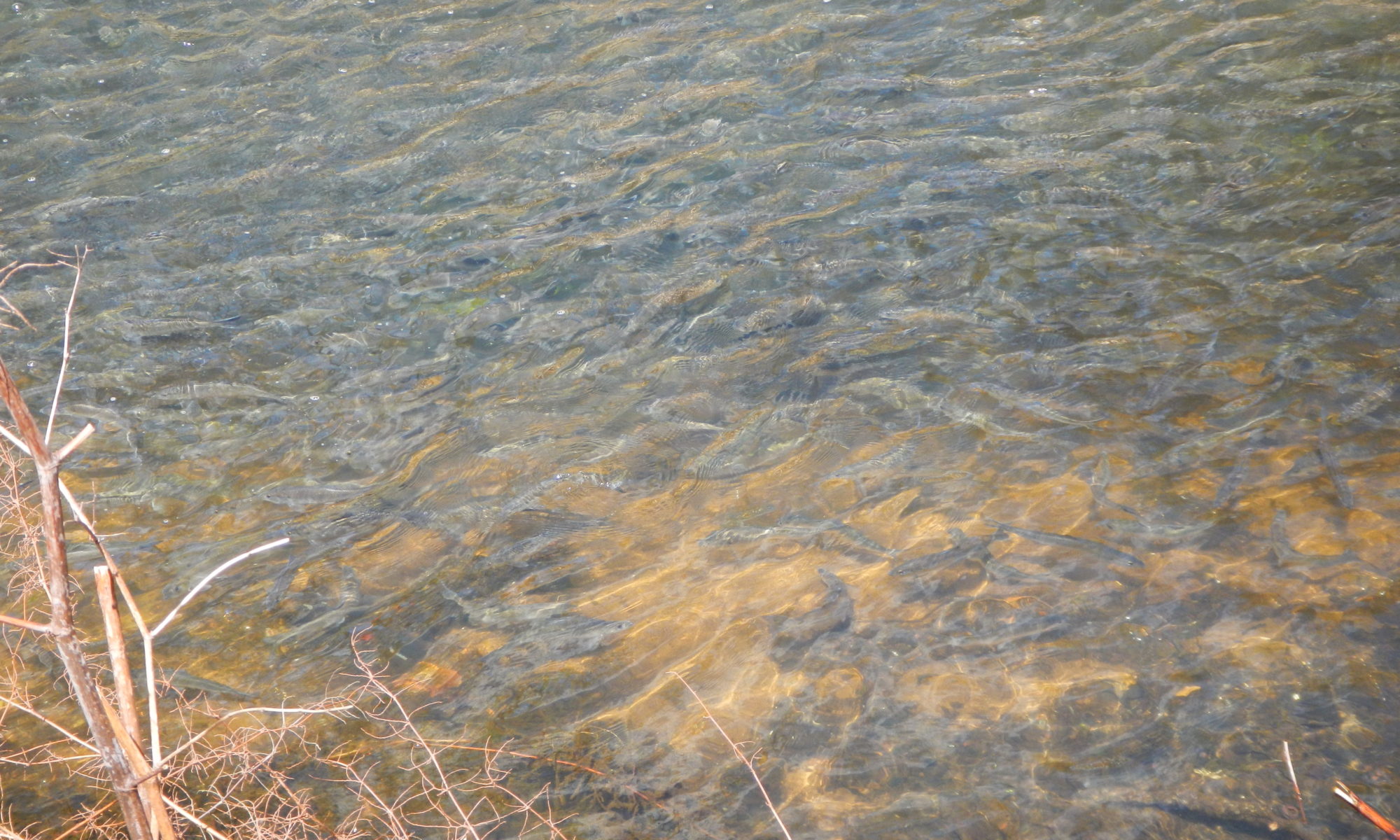All morning I stared at the overcast skies dreading each drop of rain that fell on my windows. I’d been trying to get out in the field for a couple of weeks, but something always got in the way – shipping delays for my waders, rain, swift currents. This was the last chance I’d get for weeks. Normally, fish biologists don’t worry about a little rain when they sample fish, but we wouldn’t be using normal sampling methods. Instead of dragging large nets through the rivers we would be electrofishing, a form of sampling where an electric current is applied to the water to stun the fish and make them easy to collect. If rain is falling there is a risk that the current can find a pathway through the water and shock us. Continue reading “Electrofishing for American Shad – May 4, 2018”
World Fish Migration Day at the Plymouth Herring Run Festival
This past Saturday was the third World Fish Migration Day. With over 550 events occurring across 63 countries, it has turned into a global phenomenon! The event is beginning to feel like Christmas for me, but it only happens every other year. I took the opportunity to explore a local event with my family on one of the first nice weekends we’ve had this year. Continue reading “World Fish Migration Day at the Plymouth Herring Run Festival”
World Fish Migration Day 2018
If you’re interested in learning more about diadromous species in your region try checking out the list of events happening for World Fish Migration Day on April 21, 2018. Make sure to check the dates carefully as there are events going on now through May.
Personally, I’ll be taking my family to the Plymouth Herring Run Festival for a fun day with a little history and some fish biology. Plymouth is doing an amazing job restoring the herring run to Town Brook with the help of NOAA and other partners. River herring once played a huge part in the lives of native Americans and early settlers until dams prevented them from reaching spawning habitat. There are many similar projects going on across New England to help restore the alewives and blueback herring, but Plymouth is giving us a chance to see the impacts of 20 years of restoration efforts.



